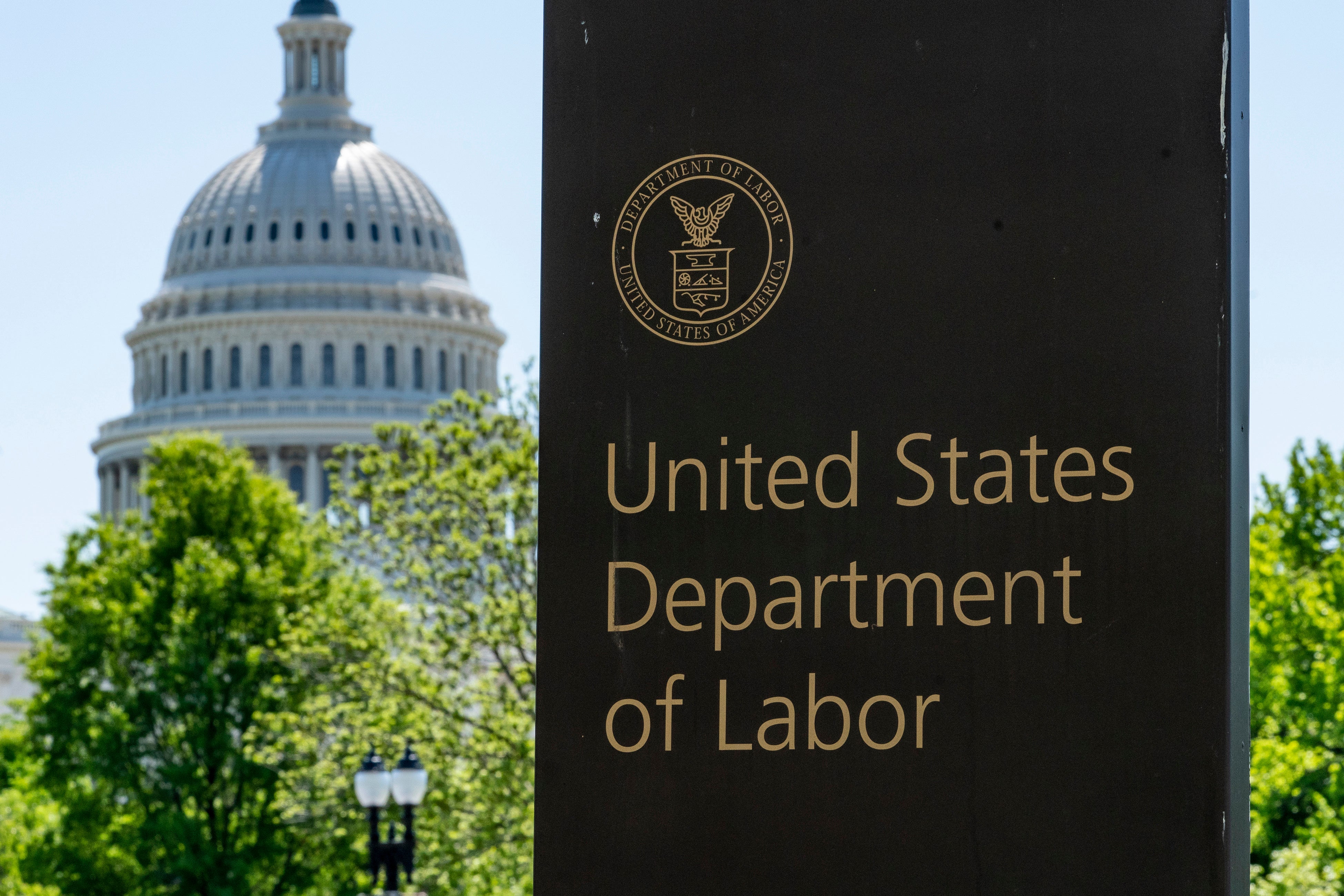Judge blocks Biden administration's rule to expand overtime pay for millions
A federal judge in Texas has blocked a new rule from the Biden administration that would have expanded access to overtime pay to millions more salaried workers across the U.S. In a Friday ruling, U.S. District Judge Sean Jordan sided with the state of Texas and a group of business organizations that argued the Labor Department exceeded its authority when it finalized a rule earlier this year to significantly expand federal overtime eligibility for salaried workers

Your support helps us to tell the story
From reproductive rights to climate change to Big Tech, The Independent is on the ground when the story is developing. Whether it's investigating the financials of Elon Musk's pro-Trump PAC or producing our latest documentary, 'The A Word', which shines a light on the American women fighting for reproductive rights, we know how important it is to parse out the facts from the messaging.
At such a critical moment in US history, we need reporters on the ground. Your donation allows us to keep sending journalists to speak to both sides of the story.
The Independent is trusted by Americans across the entire political spectrum. And unlike many other quality news outlets, we choose not to lock Americans out of our reporting and analysis with paywalls. We believe quality journalism should be available to everyone, paid for by those who can afford it.
Your support makes all the difference.A federal judge in Texas has blocked a new rule from the Biden administration that would have expanded access to overtime pay to millions more salaried workers across the U.S.
In a Friday ruling, U.S. District Judge Sean Jordan sided with the state of Texas and a group of business organizations that argued the Labor Department exceeded its authority when it finalized a rule earlier this year to significantly expand federal overtime eligibility for salaried workers.
Under the federal law, nearly all hourly workers in the U.S. are entitled to overtime pay after 40 hours a week. But many salaried workers are exempt from that requirement — unless they earn below a certain level.
The Labor Department’s now-scuttled rule would have marked the biggest increase to that cap in decades. Employers were required pay overtime to salaried workers who make less than $43,888 a year in certain executive, administrative and professional roles as of July 1 — and that was set to rise to $58,656 next year.
The Labor Department estimated that an additional 4 million lower-paid salary workers would become eligible for overtime protections in the first year under the new rule. An additional 292,900 higher-compensated workers were also expected to get overtime entitlements through separate threshold increases.
Now, the previous threshold of $35,568 — which was set in 2019 under the Trump administration — is poised to go back into effect.
A spokesperson for the Labor Department did not immediately comment when reached by The Associated Press Friday.
At the time of the rule's finalization in April, acting Secretary of Labor Julie Su stated that the administration was “following through on our promise to raise the bar" — noting that it was “unacceptable” for lower-paid salaried workers to do the same job as their hourly counterparts with no additional pay.
Following the finalization of this year's rule, legal challenges bubbled up. A handful of trade groups argued the move would harm businesses and lead to costs that would potentially result in employers' needing to cut jobs or limit their workers' hours.
This isn't the first time an overtime pay expansion has been struck down in court. In 2016, an Obama-era effort to similarly expand overtime pay eligibility was ultimately shot down in court after facing pushback from some business leaders and Republican politicians.